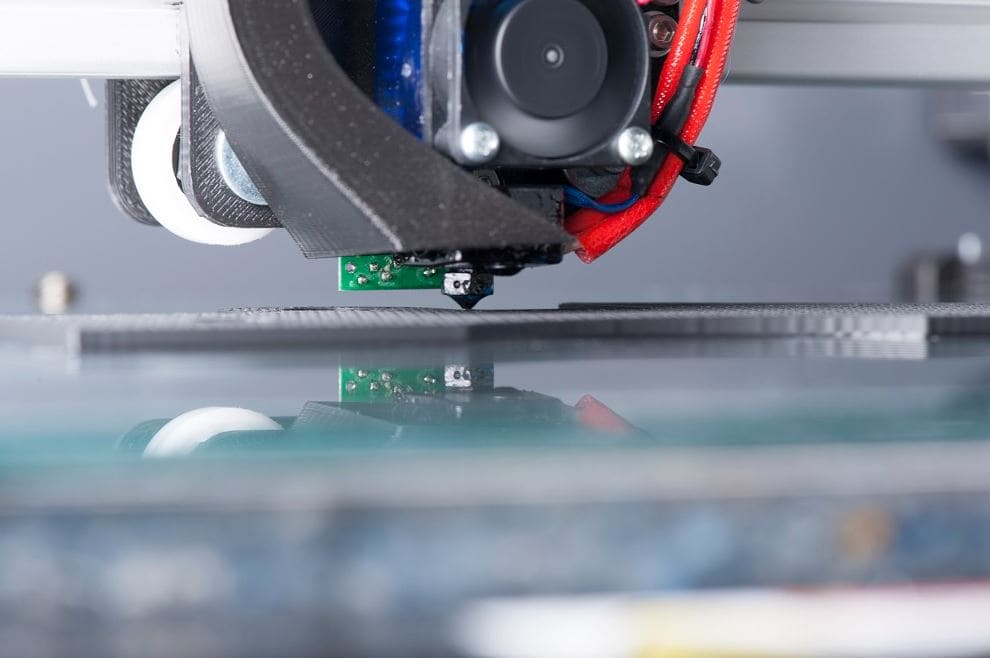Introduction
Fear is a common occurrence that almost every person faces in their lifetime. One of my fearful encounters was when I was selected to speak at a cultural event in front of students and teachers against my will. This was my first speech since I was born, and I experienced challenges in its preparation, including limited knowledge in choosing the topic. Despite the challenges, I became courageous and successfully gave the speech, which improved my self-confidence and esteem. Through thorough research, I confronted and overcame my public speaking fear at my high school cultural event, which later improved my self-esteem and confidence.
A Challenging Public Speaking Event
I was selected to give a speech at a students’ and parents’ cultural event during a cultural event in high school. I was a top performer that year and the organizing body recognized my efforts and wanted me to address students. Despite my effort to convince them that I was unfit for the task, they insisted, and I felt anxious, which is a characteristic of social anxiety disorder related to performance situations or social interactions (Ebrahimi et al. 2019, p. 2). I agreed to give the speech and realized I had to face my fear of public speaking since the organizing body was confident I would provide a meaningful speech. Therefore, I felt stressed about giving the speech to students and parents as I needed to learn to talk in front of an audience.

Preparing for the Speech
Since it was my first time participating in a public speaking event, I had yet to learn the expectations and processes of preparing for speeches. For example, I needed to learn more about choosing the perfect topic that interests my primary audience, primarily students and parents (Vogel & Viale 2018, p. 546). Other challenges in preparing for the speech included maintaining its proper length and deploying verbal and non-verbal communication to make it interesting. Through brainstorming, I researched several shows that bring together professionals to address different audiences on varying topics, which allowed me to realize my expectations and process of making speeches.
The Change It Created in My Life
Finally, the cultural event day arrived, and I gave my speech employing the tactics I learned through research, delivering a successful and interesting address that later improved my self-esteem and confidence. For example, individuals’ first speeches help to shape individual learning processes through the provided constructive feedback that boosts confidence and self-esteem (Sallang & Ling 2019, p. 2). The encouragement helped me identify improvement areas, reinforcing a firm belief in myself and my abilities and guiding my personal and professional development. As such, my engagement in the cultural event public speaking improved my self-esteem and confidence, which allowed me to embrace new life challenges from an enthusiast’s perspective.
Conclusion
Despite accepting the public speaking role against my wishes, the challenging situation presented a life-changing opportunity for my communication skills. I researched the public speaking process, equipping myself with verbal and non-verbal communication skills and choosing an interesting topic for my audience. Overcoming my public speaking fear improved my self-esteem and confidence, promoting my positive self-image. My first speech at the cultural event was a life-changing opportunity that made me believe that all challenges could be overcome by dedication.
Reference List
Ebrahimi, OV, Pallesen, S, Kenter, RMF & Nordgreen, T 2019, ‘Psychological interventions for fear of public speaking: A meta-analysis’, Frontiers in Psychology, vol. 10, no. 488, pp.1–27, viewed 5 July 2023, DOI: 10.3389/fpsyg.2019.00488.
Sallang, H & Ling, YL 2019, ‘The importance of immediate constructive feedback on students’ instrumental motivation in speaking in English’, Britain International of Linguistics Arts and Education (BIoLAE) Journal, vol. 1, no. 2, pp.1–7, viewed 5 July 2023, DOI: 10.33258/biolae.v1i2.58.
Vogel, WH & Viale, PH 2018, ‘Presenting with confidence’, Journal of the Advanced Practitioner in Oncology, vol. 9, no. 5, pp.545–548, viewed 5 July 2023, DOI: 10.6004/jadpro.2018.9.5.9.


